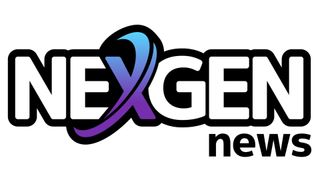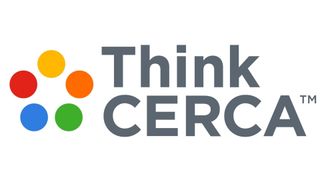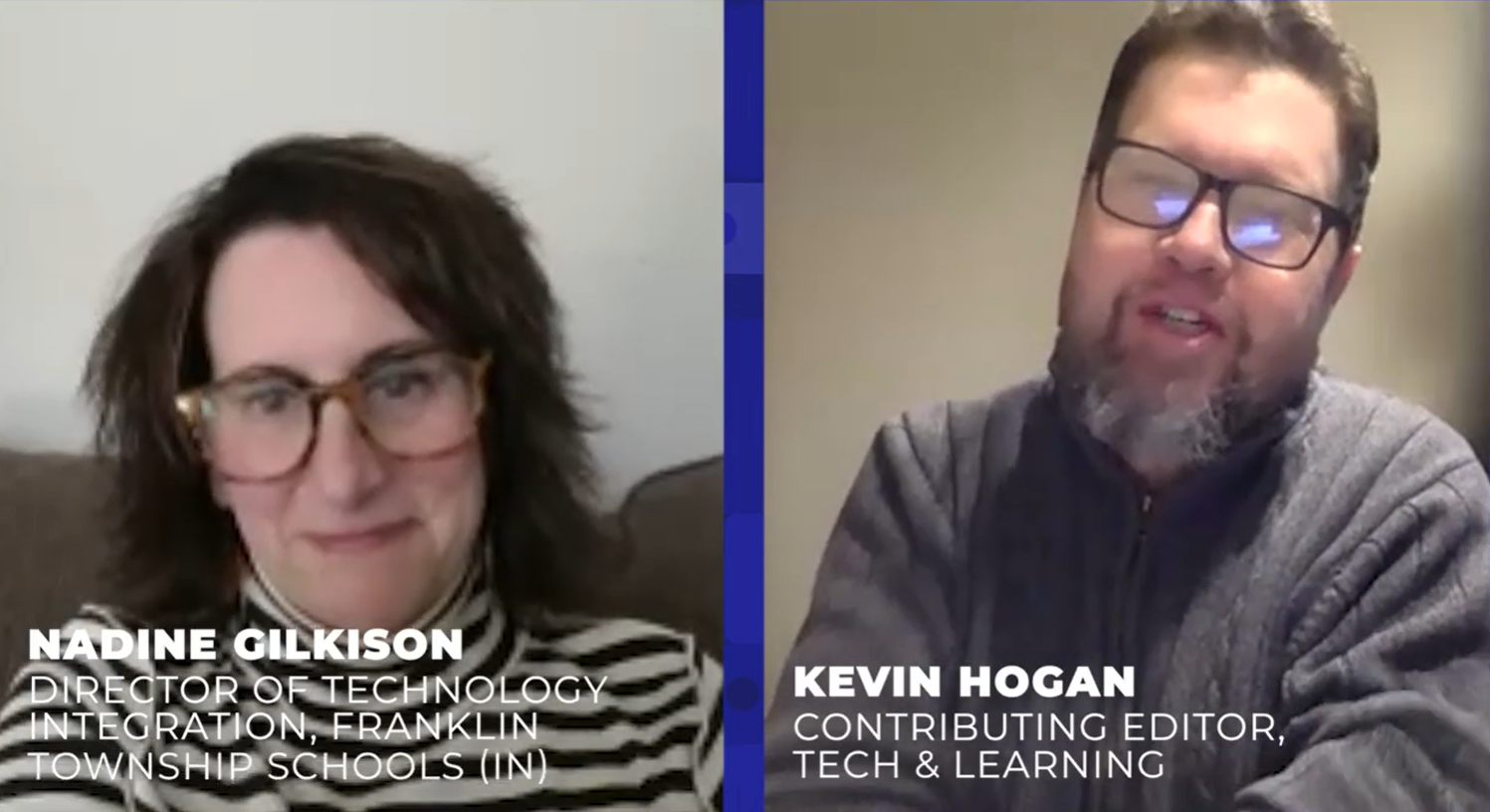Critical Thinking
Latest about Critical Thinking

When Technology Fails: 5 Strategies For Educators To Help Build Task Understanding
By Steve Baule published
By teaching the tasks behind the technology, we prepare students to survive in a tool-rich world.

NexGen News: How to Use It to Teach
By Luke Edwards published
NexGen News gives kids fortnightly news updates with learning follow-ups for teachers.

I Tested Social Media Civility Around A Hot Topic And The Results Will Surprise You
By Michael Gaskell published
Can online social media platforms foster meaningful exchanges, not toxic destructiveness?

ThinkCERCA: How to Use It to Teach
By Luke Edwards published
ThinkCERCA helps students work on literacy skills with lots of digital tools to develop skills.

4 Tips for Designing AI-Resistant Assessments
By Steve Baule, Erin Carter published
As AI continues to evolve, instructors must modify their approach by designing meaningful, rigorous assessments.

People Hate To Think, Says Research. What Does That Mean For Teachers
By Erik Ofgang published
Exerting mental effort isn't pleasant for most people, according to new research.

Teaching Writing With AI Without Replacing Thinking: 4 Tips
By Erik Ofgang published
AI has a lot of potential for writing students, but we can’t let it replace the thinking parts of writing, says writing professor Steve Graham

Best Free Fact-Checking Sites for Students and Teachers
By Diana Restifo last updated
Fact-checking sites for students to research reports, papers, and more
Tools and ideas to transform education. Sign up below.


